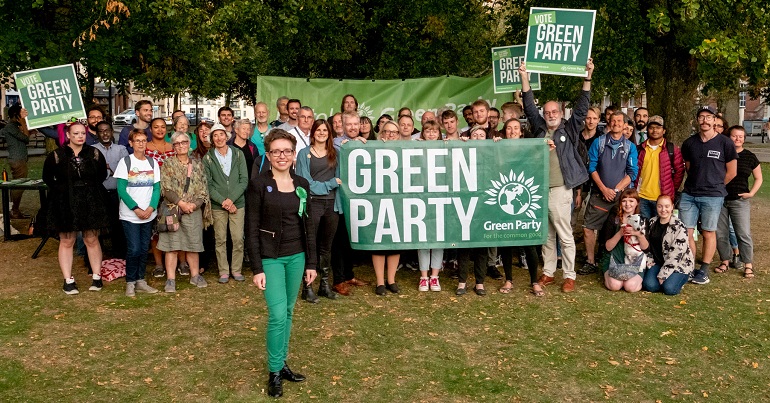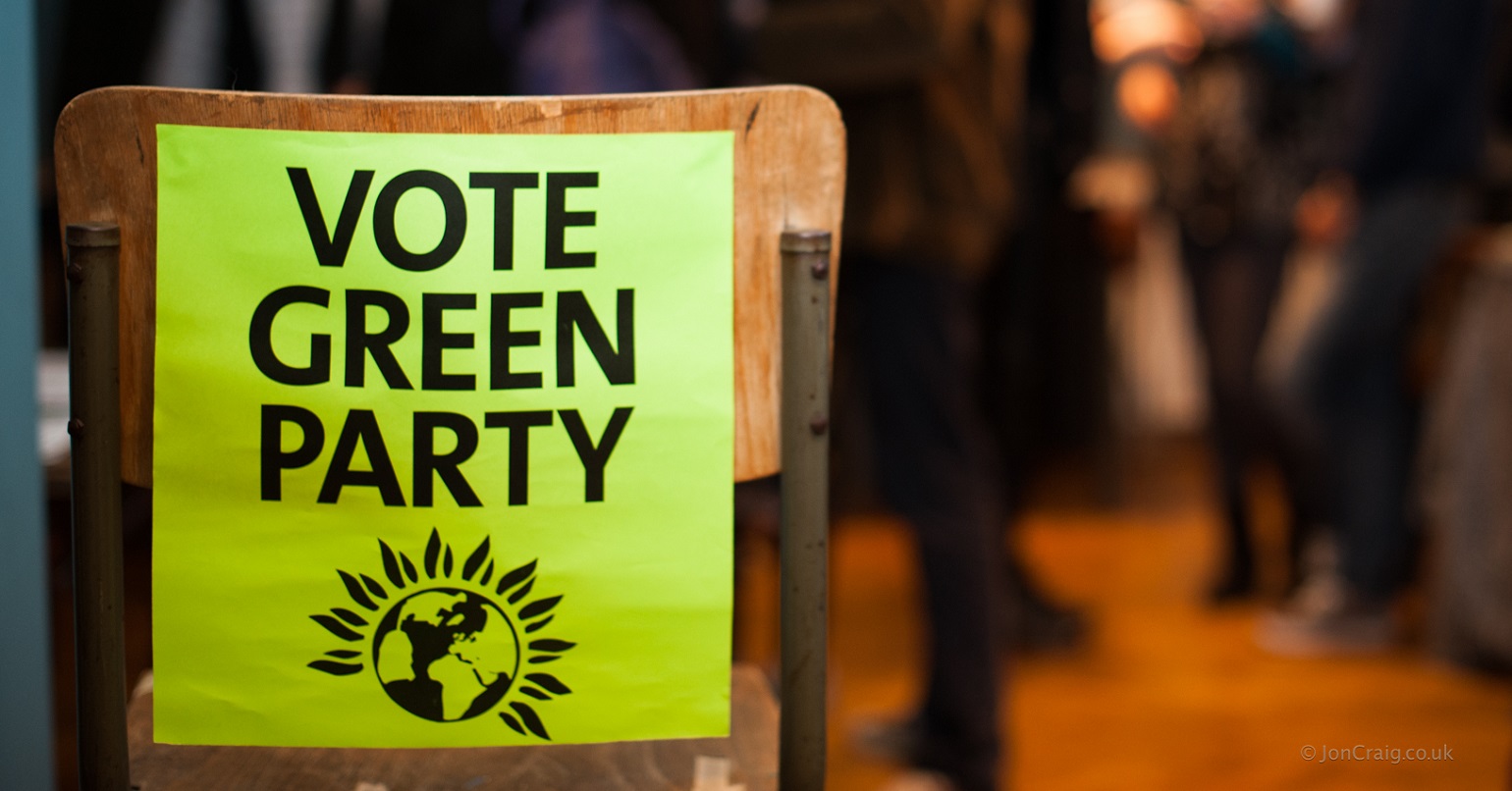Why socialists should join the Green Party #7: The Greens are the only left party with a record of winning

Where should socialists put their energy in 2023? This is a question facing many on the left.
There are some obvious answers. The wave of industrial militancy that has swept across the country has necessitated a solidarity movement alongside it. Campaign groups like Enough is Enough have provided a space for people to begin organising for the economic transformations the country needs. With the climate crisis getting ever more urgent and a socialist solution to it ever more necessary – leftists have an important role to play within the climate movement.
These are all vital movements for the left to be organising within. But most socialists accept that while the collective struggle of social movements and of organised labour are crucial to building a new society, these movements also need a political expression. They need a political organisation able to fight elections, assume political office and – ultimately – wield state power. Since Keir Starmer’s ascension to the top of his party, it is abundantly clear that political expression will not and cannot come from Labour.
Instead, it must come from elsewhere. For a growing number of people – including more than a dozen left wing ex-Labour Councillors, Jeremy Corbyn’s former spokesperson, and outriders and influencers of the Corbyn era – that political expression of the tsunami of rebellion sweeping across the country, the political expression of socialism, will come through the Green Party.
In light of that, our editor Chris Jarvis is writing a weekly column setting out why disaffected socialists should join the Green Party.
The Greens are the only left part with a record of winning
There are three convincing arguments for socialists joining or staying in the Labour Party.
The first is the formal link between the trade union movement and Labour. We’ve partially dealt with this in an earlier article in the series – and it will be dealt with it further in future pieces.
The second is that the Labour Party is reformable from within. The argument being that it can be transformed from what Tony Benn described as a party with socialists in it into a socialist party. Last week, we tackled this point by looking at how the Labour Party’s anti-democratic nature precludes this.
But those two arguments only need tackling if we deal with the third argument. That is, the electoral system in the UK. The narrative is as follows: under first past the post, there is no prospect of electoral success for any party to the left of Labour. The practical realities of the electoral system mean that if you wish to transform society through a political party, the only vehicle through which to do it is Labour. No party to Labour’s left has ever won more than a couple of parliamentary seats. The Communist Party of Great Britain managed to win two in 1945. The Green Party has only ever won one. RESPECT got George Galloway elected in two different constituencies, but never won another seat. The SNP and Plaid Cymru have won more but aren’t seeking to secure a position in the UK government. Every other party to the left of Labour – from TUSC to the Socialist Labour Party and from Left Unity to the array of Trotskyist groups – has never managed to gain representation in parliament. Time and time again, we’ve seen left electoral projects fail, giving further evidence that the cut-throat, winner-takes-all electoral system is one of the strongest barriers to a more radical left party securing influence in parliament.
The argument is compelling, and it is undoubtedly true that we need urgent and fundamental democratic reform. But increasingly, the argument no longer applies to the Greens. Outside of Westminster, the Green Party of England and Wales has secured electoral success well beyond that of any party to Labour’s left active in England.
In London’s proportional elections to the Assembly, the Greens have had between two and three seats for the entire history of the body. While UKIP and the BNP both briefly broke onto the Assembly, no other left party has.
And when it comes to first past the post elections, the Greens have also shown they can win. After unprecedented gains in the 2019 local elections, followed by similar major successes in 2021 and 2022, the Green Party now has over 500 Councillors across England and Wales. Confidence of gaining more soon is also high. No party outside of the big three – Labour, the Lib Dems and the Tories – have ever had this many seats, not even UKIP at their peak. With that success has come genuine power, with the Greens in administration in Councils across the country.
And in Westminster too, the Greens have a real chance of breaking through in the future. An increasingly professionalised election machine that has paid dividends in local elections is being applied to a number of target parliamentary constituencies too. Most obviously, this is the case in Bristol, where the party’s co-leader Carla Denyer has high hopes of becoming the Greens’ second ever MP. But it also happening elsewhere, where there is a very real prospect of more Greens being elected to the House of Commons in the next two election cycles.
In light of Keir Starmer dragging Labour to the right, and in light of the fact that no other socialist electoral project having secured any real representation at any level of government, it’s clear that there’s only one left alternative with a track record of winning seats, of obtaining power and of delivering change when in office. That alternative is the Green Party.
PS. We hope you enjoyed this article. Bright Green has got big plans for the future to publish many more articles like this. You can help make that happen. Please donate to Bright Green now donate to Bright Green now.
Image credit: Jon Craig – Creative Commons




Leave a Reply